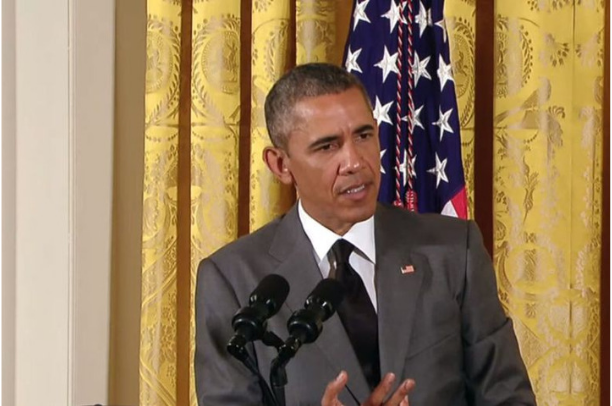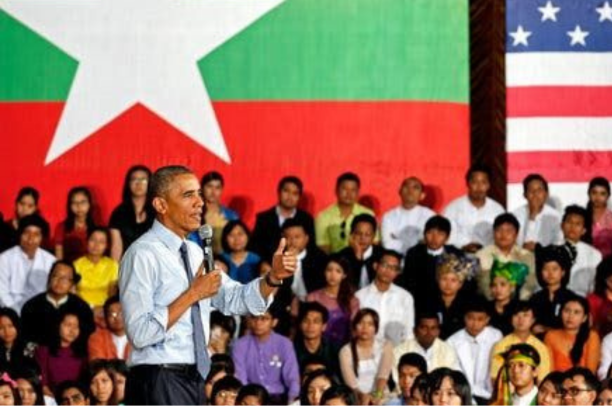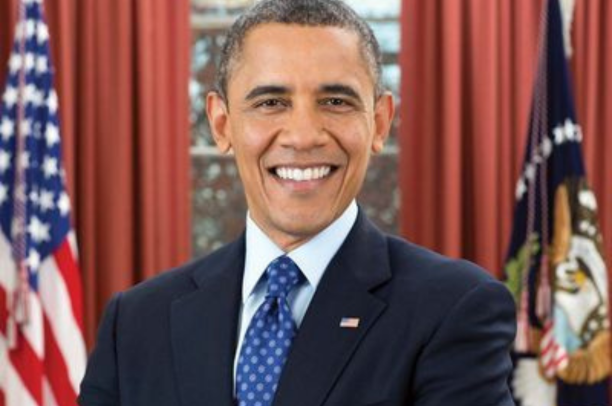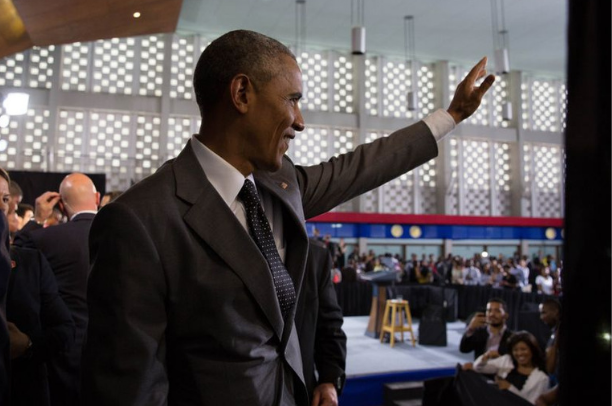Opening Remarks During First Press Conference as President-Elect

In his first press conference as President-elect on November 7, 2008, Barack Obama addresses the pressing economic challenges facing the United States. Acknowledging the severity of job losses and the economic downturn, he outlines key priorities, emphasizing a rescue plan for the middle class, global collaboration to address the financial crisis, and a comprehensive approach to revive the economy. Obama highlights the need for immediate action and a long-term strategy, emphasizing unity and bipartisan cooperation in navigating the difficult road ahead.
Want to learn more about storytelling? Start by downloading the first chapter of The Storytelling Mastery.
This morning we woke up to more sobering news about the state of our economy. The 240,000 jobs lost in October marks the 10th consecutive month that our economy has shed jobs. In total, we’ve lost nearly 1.2 million jobs this year, and more than 10 million Americans are now unemployed. Tens of millions of families are struggling to figure out how to pay the bills and stay in their homes. Their stories are an urgent reminder that we are facing the greatest economic challenge of our lifetime, and we’re going to have to act swiftly to resolve it.
Now, the United States has only one government and one President at a time, and until January 20th of next year, that government is the current Administration. I’ve spoken to President Bush. I appreciate his commitment to ensuring that his economic policy team keeps us fully informed as developments unfold. And I’m also thankful for his invitation to the White House.
To learn more, see the full series: Barack Obama Speeches.
Immediately after I become President, I’m going to confront this economic crisis head-on by taking all necessary steps to ease the credit crisis, help hardworking families, and restore growth and prosperity.
This morning I met with members of my Transition Economic Advisory Board, who are standing behind me, alongside my Vice President-elect, Joe Biden. They will help to guide the work of my transition team, working with Rahm Emanuel, my Chief of Staff, in developing a strong set of policies to respond to this crisis. We discussed in the earlier meeting several of the most immediate challenges facing our economy and key priorities on which to focus on in the days and weeks ahead.
First of all, we need a rescue plan for the middle class that invests in immediate efforts to create jobs and provide relief to families that are watching their paychecks shrink and their life savings disappear. A particularly urgent priority is a further extension of — of unemployment insurance benefits for workers who cannot find work in the increasingly weak economy. A fiscal stimulus plan that will jump-start economic growth is long overdue. I’ve talked about it throughout this — the last few months of the campaign. We should get it done.
Second, we have to address the spreading impact of the financial crisis on the other sectors of our economy — small businesses that are struggling to meet their payrolls and finance their holiday inventories, and state and municipal governments facing devastating budget cuts and tax increases. We must also remember that the financial crisis is increasingly global and requires a global response.
The news coming out of the auto industry this week reminds us of the hardship it faces — hardship that goes far beyond individual auto companies to the countless suppliers, small businesses, and communities throughout our nation who depend on a vibrant American auto industry. The auto industry is the backbone of American manufacturing and a critical part of our attempt to reduce our dependence on foreign oil.
I would like to see the Administration do everything it can to accelerate the retooling assistance that Congress has already enacted. In addition, I have made it a high priority for my transition team to work on additional policy options to help the auto industry adjust, weather the financial crisis, and succeed in producing fuel-efficient cars here in the United States of America. And I was glad to be joined today by Governor Jennifer Granholm, who obviously has great knowledge and great interest on this issue. I’ve asked my team to explore what we can do under current law and whether additional legislation will be needed for this purpose.
Third, we will review the implementation of this Administration’s financial program to ensure that the government’s efforts are achieving their central goal of stabilizing financial markets while protecting taxpayers, helping homeowners, and not unduly rewarding the management of financial firms that are receiving government assistance. It is absolutely critical that the Treasury work closely with the FDIC, HUD, and other government agencies to use the substantial authority that they already have to help families avoid foreclosure and stay in their homes.
Finally, as we monitor and address these immediate economic challenges, we will be moving forward in laying out a set of policies that will grow our middle class and strengthen our economy in the long term. We cannot afford to wait on moving forward on the key priorities that I identified during the campaign, including clean energy, health care, education, and tax relief for middle-class families. My transition team will be working on each of these priorities in the weeks ahead, and I intend to reconvene this advisory board to discuss the best ideas for responding to these immediate problems.
Let me close by saying this: I do not underestimate the enormity of the task that lies ahead. We have taken some major action to date, and we will need further action during this transition and subsequent months. Some of the choices that we make are going to be difficult. And I have said before and I will repeat again: It is not going to be quick and it is not going to be easy for us to dig ourselves out of the hole that we are in, but America is a strong and resilient country. And I know we will succeed if we put aside partisanship and politics and work together as one nation. That’s what I intend to do.
Want to learn more about storytelling? Start by downloading the first chapter of The Storytelling Mastery.





